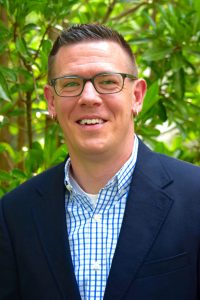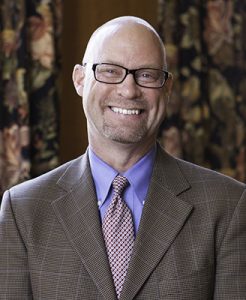I am thrilled to have the opportunity to be on the planning committee for Student Affairs Camp 2017 (aka SA Camp 3.0). As a grad student, I participated in the very first SA Camp in 2014 and as a first-year professional I presented as a “Camp Counselor” during SA Camp 2.0 in 2016. It is by far my favorite professional development opportunity.
You may be curious about why anyone would want to spend a weekend, in the summer, at a conference… Well, the entire point is that SA Camp is actually based on an unConference model. SA Campers do yoga, hike, meditate, and enjoy the New England weather. We do these activities while having conversations that range from casual to intense, but are all meaningful, intentional, and encourage us to get outside of our comfort level. Seriously, it is adult summer camp! After each SA Camp I have felt refreshed and ready for the fall semester to begin.
The connections that I have made during SA Camp have had a major impact on my life, professionally and personally. Little did I know that just six months after my most recent SA Camp experience, I would run into a fellow camper during an interview! I knew Brianne worked at Endicott College, but I didn’t realize I would see her. Sure enough, as I walked in the Student Center, Brianne’s office was right in front of me. I knocked and she gave me a huge hug while welcoming me to her campus. I could not have asked for a better way to start a daylong interview, or to feel more welcome at a new institution. The day of my interview started on such a positive note by seeing Brianne and sure enough I’ve been fortunate to work at Endicott ever since! The true beauty of SA Camp is that campers come from all over and you never know what new connections you will make.
Please join me this summer in Keene, NH for SA Camp 3.0. If you have questions, feel free to reach out via email!
For more information and to register online please visit the event page at https://newengland.myacpa.org/event/sacamp2017/.
Jillian Toce, M.Ed.
SA Camp Planning Committee
Area Director, Endicott College
jtoce@endicott.edu


